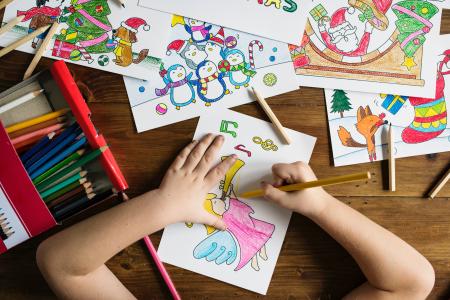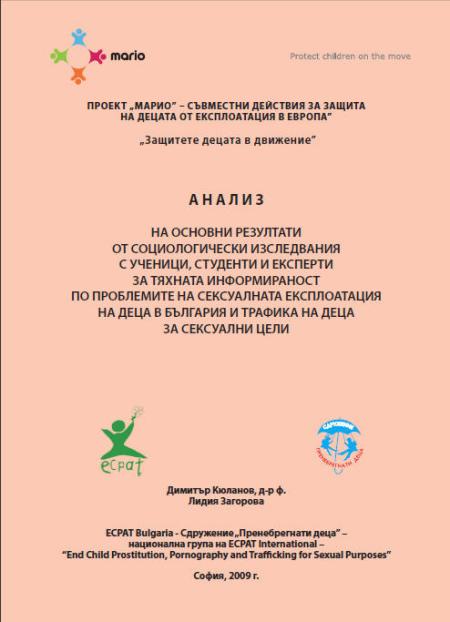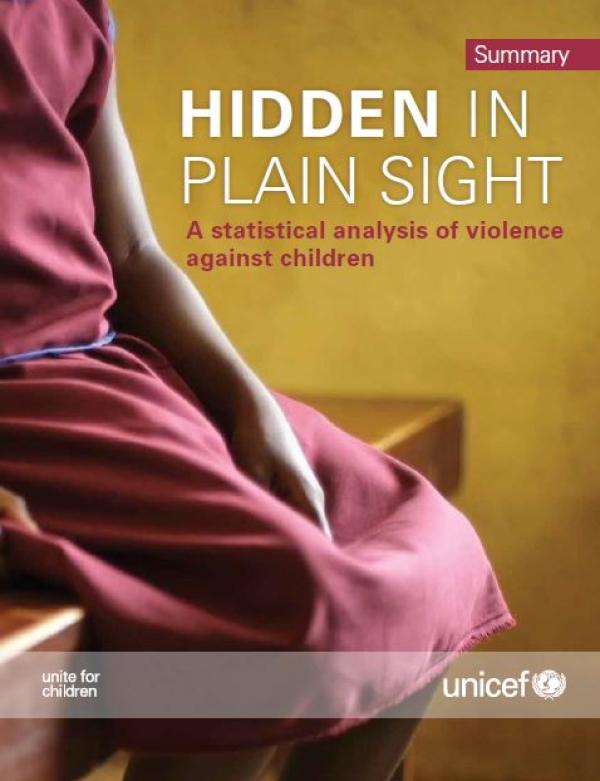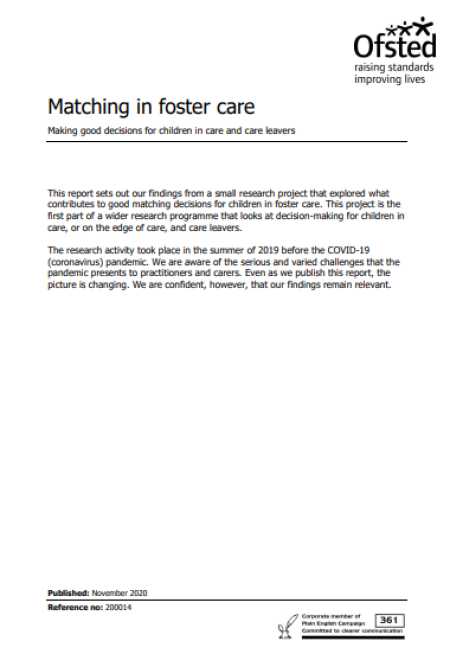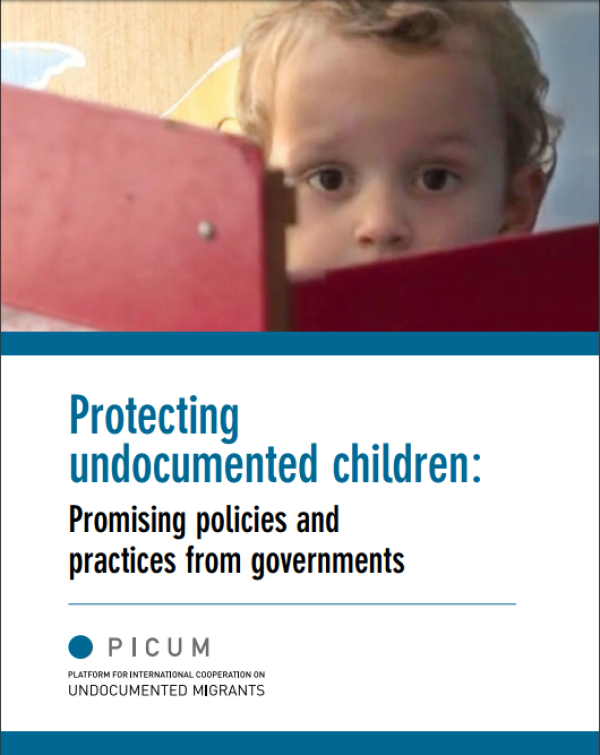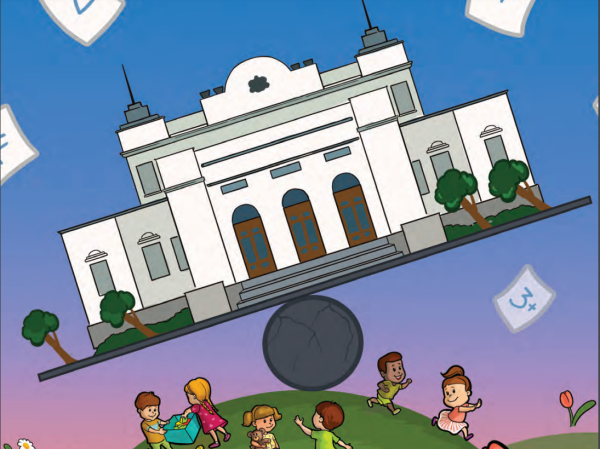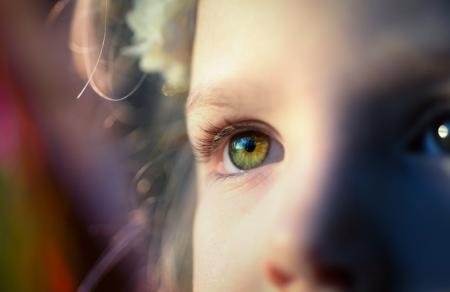
Self-esteem is regarded as vital to children’s social and cognitive development and emotional well-being. To date, a few studies have suggested that arts activities can improve self-esteem in young people. However, such studies mainly focused on small, nonrepresentative samples. In this study, data from 6209 children included in the United Kingdom Millennium Cohort Study were analyzed using propensity score matching to investigate the association between children’s arts engagement ((1) listening to or playing music; (2) drawing, painting, or making things; and (3) reading for enjoyment) and self-esteem at age 11. All three activities were associated with higher levels of self-esteem when matching for all identified demographic, socioeconomic, and familial confounders. Additionally, the relationship was more prominent when children engaged in these activities with their parents on a regular basis. However, there was no clear evidence that ability in either music or arts activities moderated the relationship with self-esteem, although English language ability may moderate the association between reading and self-esteem. These results suggest that initiatives to promote arts engagement in children may provide a practical and efficient way to improve children’s self-esteem. This is the key given self-esteem in childhood tends to decline as children enter adolescence, yet is linked to lifelong development and well-being.


